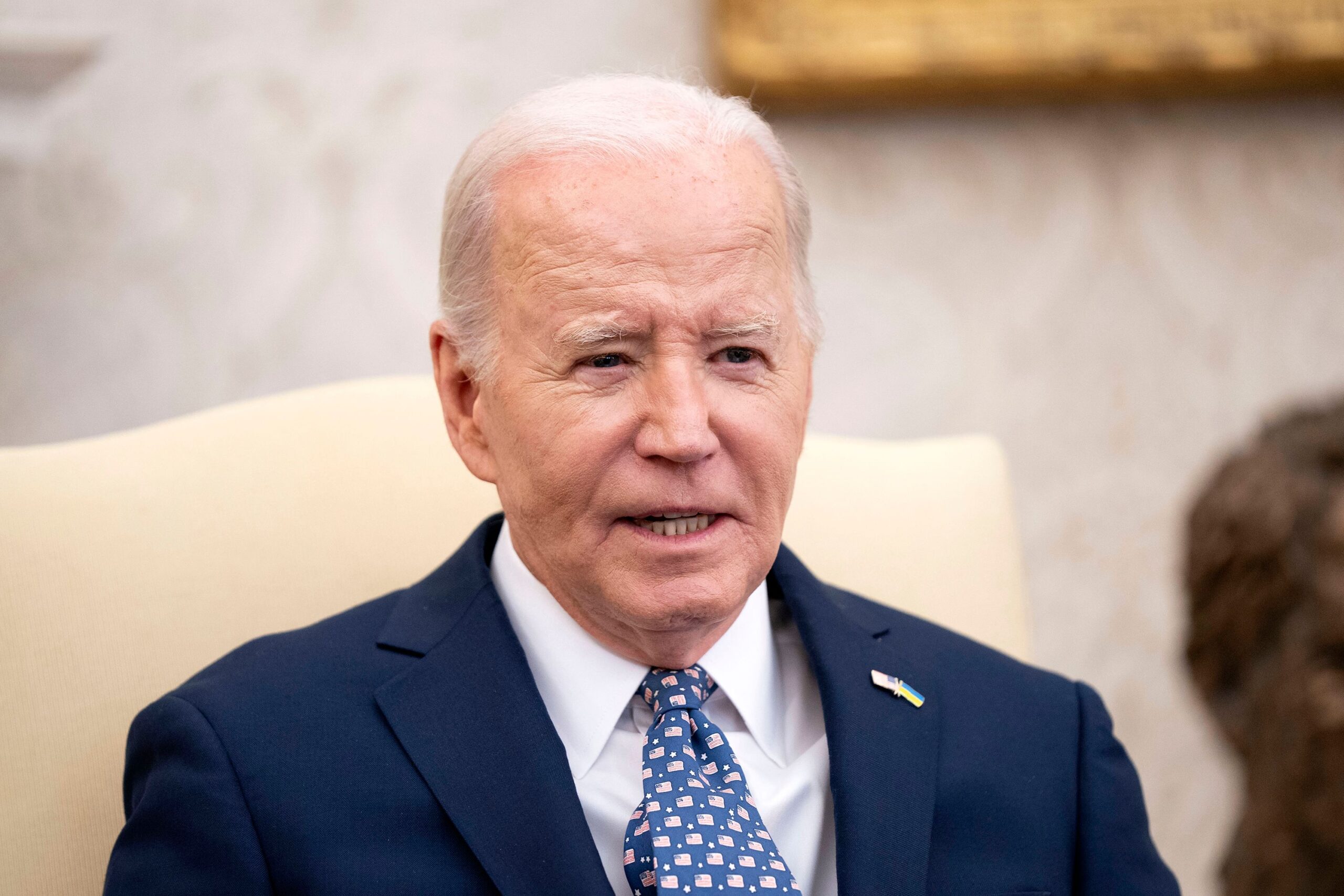President Joe Biden’s reelection campaign faces a significant challenge as the Democratic voters of Michigan, a crucial swing state, express their dissatisfaction with his handling of the Israel-Hamas conflict. The recent primary election saw a significant number of protest votes, indicating a potential rift within Biden’s political base.
The stakes are high, with Michigan’s electoral decision likely to influence the outcome of the presidential race. Biden’s ability to address concerns among Michigan’s substantial Arab American population could be crucial. However, his capacity to alleviate these concerns may hinge on factors beyond his control, such as the restoration of peace in the Middle East and the cessation of Israel’s response to the Hamas terror attacks.
In the Michigan primary, Democratic voters have the option to cast an “uncommitted” vote. This option was utilized by over 67,000 voters, sending a clear message of discontent with Biden’s Middle East policy. Despite securing 81% of the votes, the significant number of uncommitted votes underscores the impact of the Gaza war on the Democratic Party’s unity.
While one primary does not dictate the general election’s outcome, it does highlight potential weaknesses in Biden’s appeal. The Michigan result raises questions about the solidity of Biden’s coalition and the enthusiasm of key Democratic voting blocs, including minority voters, younger voters, and progressives.
President Biden’s campaign has responded by dispatching aides to Michigan to explain his stance on Israel. Biden supports Israel’s right to self-defense but has repeatedly called for a temporary ceasefire. However, he has yet to personally visit Arab American voters in Michigan, many of whom have family members affected by the conflict.
The potential for a second Trump term should galvanize the Biden campaign into action. The key questions now are whether the Democrats who cast a protest vote will return to the fold in November, whether a ceasefire will placate the voters who expressed their anger, and whether the conflict has already caused irrevocable political damage to Biden.
Biden’s need to alleviate the domestic political fallout from his Middle East policy is clear. However, the prospects for making a decisive intervention in the conflict are uncertain. The president’s optimism about a ceasefire has yet to be justified, and the political interests of Biden and Israeli Prime Minister Benjamin Netanyahu appear to be diverging.
The Middle East crisis and its domestic political repercussions are typical of foreign crises that can significantly impact incumbents during reelection bids. As the results from Michigan roll in, it’s clear that Biden’s reelection campaign faces a significant challenge.
Contributor: Jeff Zeleny, CNN

